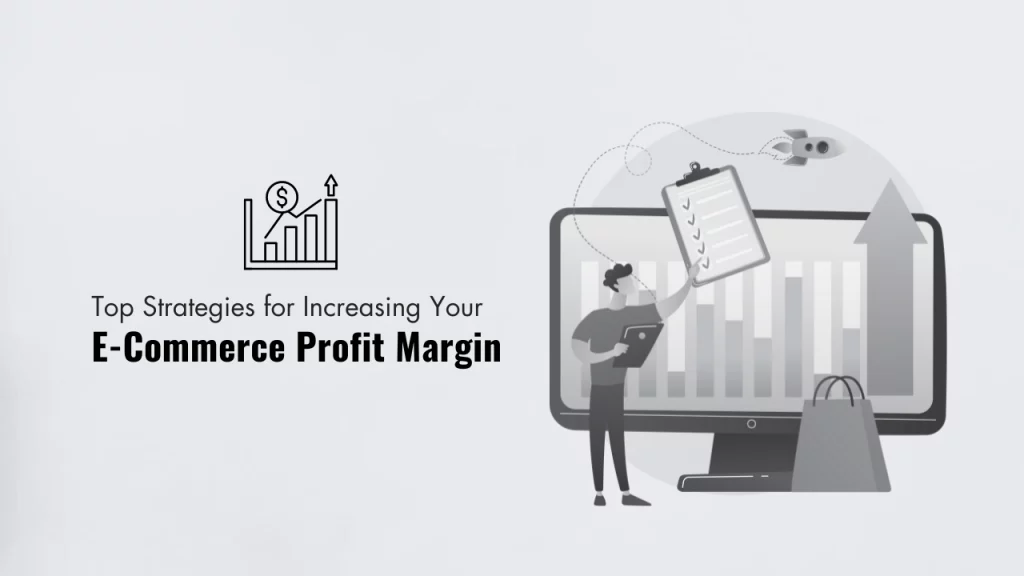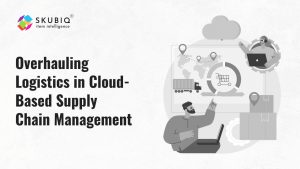Ecommerce has revolutionized the way businesses operate, offering a global marketplace for products and services. However, amidst the vast opportunities, maintaining healthy profit margins is crucial for sustainable growth. In this article, we explore top strategies that can significantly enhance your ecommerce profit margins.
In the ever-evolving world of ecommerce, the ability to increase profit margins is a skill that can set businesses apart. Profit margins not only indicate financial health but also provide room for investments, expansion, and innovation. Let’s delve into effective strategies to boost your ecommerce profit margins.
Understanding Profit Margins
Before we dive into strategies, it’s essential to understand what profit margins entail. In simple terms, profit margins represent the percentage of revenue that translates into profit. They are categorized into gross, operating margin, and net profit margins, each serving a unique purpose in assessing a business’s profitability.
Challenges in Ecommerce Profit Margins
Despite the lucrative nature of ecommerce, businesses face various challenges that impact profit margins. From rising advertising costs to market saturation, understanding and addressing these challenges is fundamental to devising effective strategies.
Optimizing Product Pricing
Strategic pricing is a game-changer in ecommerce. Implementing dynamic pricing strategies and leveraging psychological pricing tactics can influence consumer behavior positively, leading to increased sales and improved profit margins.
Cost Management Strategies

Efficient supply chain management, negotiating with suppliers, and reducing operational costs are integral components of successful cost management. By optimizing these aspects, ecommerce businesses can improve profit margins without compromising product quality.
Effective Marketing Techniques
In a crowded online marketplace, standing out is crucial. Targeted marketing campaigns, harnessing the power of social media, and implementing content marketing strategies can significantly enhance your brand visibility and drive sales.
Enhancing Customer Experience
Positive customer experiences directly impact profit margins. Building customer loyalty through excellent service and personalized experiences encourages repeat business, contributing to sustained profitability.
Investing in Technology
Automation and data analytics play pivotal roles in optimizing ecommerce operations. By investing in technology, businesses can streamline processes, make informed decisions, and ultimately boost profit margins.
Diversifying Product Offerings
Expanding product lines and identifying profitable niches allow ecommerce businesses to reach a broader audience. Diversification mitigates risks and opens new avenues for revenue generation.
Competitor Analysis and Benchmarking
Understanding the competitive landscape is essential for strategic decision-making. Learning from successful competitors and adapting proven strategies to your business model can contribute to improved profit margins.
Customer Retention Strategies

Implementing loyalty programs and providing exceptional post-purchase support foster customer retention. Repeat business is often more cost-effective than acquiring new customers, positively impacting profit margins.
Adapting to Market Trends
Staying attuned to industry trends and swiftly adapting to changes in consumer behavior is critical for sustained success in ecommerce. Flexibility and innovation ensure your business remains competitive and profitable.
Optimizing Website for Conversions
A user-friendly website design and effective calls-to-action are crucial for converting visitors into customers. A well-optimized website enhances the overall customer experience and positively influences profit margins.
Monitoring and Adjusting Strategies
Regularly reviewing performance metrics allows businesses to identify what works and what needs improvement. Making data-driven adjustments ensures that strategies remain effective and aligned with business goals.
In conclusion, increasing ecommerce profit margins requires a holistic approach that encompasses pricing strategies, cost management, marketing techniques, and a focus on customer experience. By adopting these strategies and adapting to the dynamic ecommerce landscape, businesses can not only enhance profitability but also build a sustainable and successful online presence.




